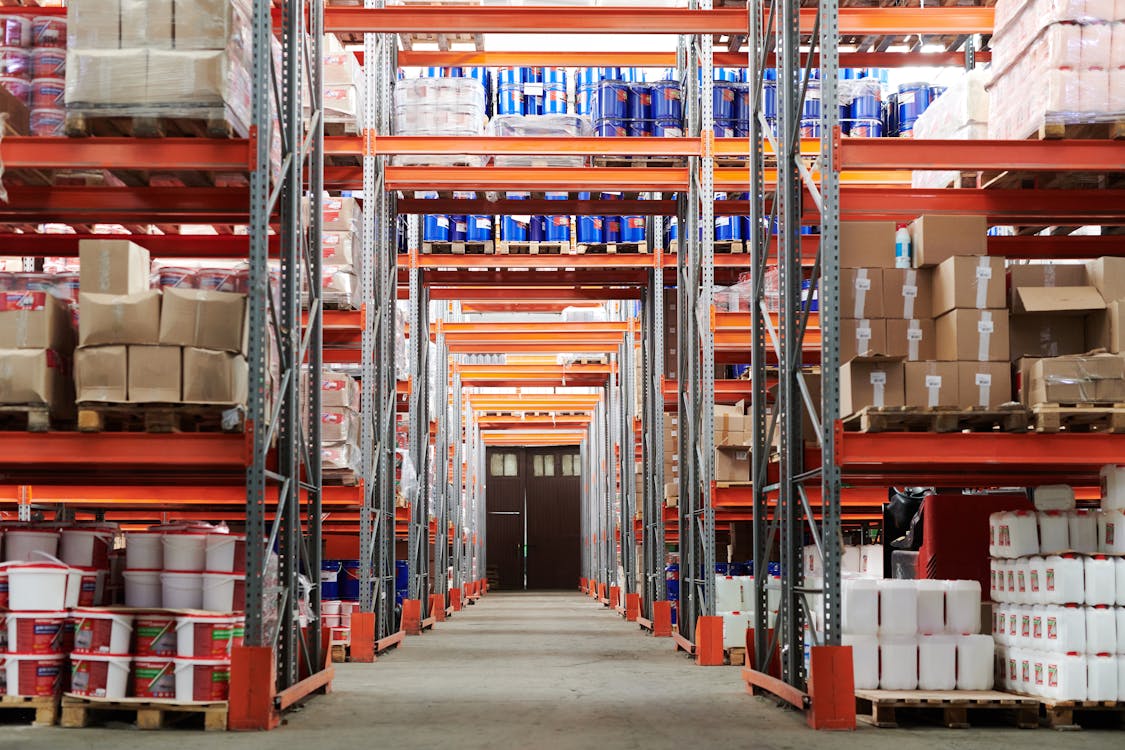Climate-Controlled Storage vs. Standard Storage: Making the Right Choice
In a world where space comes at a premium, and our possessions continue to proliferate, effective and suitable storage solutions cannot be overstated. Whether moving to a new location, downsizing, or simply decluttering, the need for temporary or long-term storage inevitably arises. However, the critical decision of choosing between climate-controlled storage and standard storage can often be overlooked. Yet, it can spell the difference between your items retaining their quality or deteriorating in storage spaces.
This comprehensive guide will walk you through the intricacies of climate-controlled storage and standard storage, highlighting their distinctions in preserving your valuables and suggesting how to assess your storage needs effectively.

Understanding the Basics
The storage market broadly offers two types of storage units: climate-controlled and standard. Understanding the differences between the two is crucial to determining the best option for your needs.
What is Climate-Controlled Storage?
Climate-controlled storage is a type of unit that maintains a consistent temperature, usually within a set range and controls humidity levels. This environment mimics ambient indoor conditions, ideal for delicate items that may be sensitive to extreme temperatures and humidity changes.
The Standard Storage Alternative
Standard storage units, also known as traditional storage, are outdoor units that do not typically regulate temperature or humidity. While they provide cover from the elements and security, they are not specialized for controlling the internal environment.
Climate-Controlled Storage: The Benefits
When should you opt for climate-controlled storage? Understanding the benefits of this specialized storage can help you decide.
Extreme Weather Protection
Items such as musical instruments, fine art, and wine could suffer irreversible damage from heat, cold, or excessive moisture, making climate-controlled storage an instrumental choice where the external climate is not to be trusted.
Sensitive Item Care
Certain materials, including wood, leather, and even certain fabrics, can degrade in response to environmental changes. Climate-controlled units provide stability, making them a prime choice for these items.
Long-Term Preservation
If you plan on storing items for an extended period, the consistent environment of climate-controlled storage can help prevent mold, mildew, and corrosion, ensuring your possessions remain in top condition until you retrieve them.
Standard Storage: When is it Sufficient?
While climate-controlled storage is the gold standard for many valuables, there are instances where standard storage may suit your needs perfectly well.
Non-Sensitive Item Storage
Items that are durable and non-sensitive to humidity or temperature fluctuations, such as most household items, can be safely stored in standard units over short durations.
Short-Term Storage Considerations
For short-term needs or items that are likely to be replaced or upgraded relatively soon, investing in a climate-controlled unit may not provide a significant return on preservation.
Making the Right Choice
Choosing the appropriate storage solution should not be a one-size-fits-all decision. Here are some factors to consider when making your choice.
Assess the Value of What You're Storing
High-value or irreplaceable items should almost always be kept in a climate-controlled unit to ensure their longevity. Consider whether the cost of these items outweighs the additional expense of specialized storage.
Consider the Duration of Storage
The shorter the storage period, the less likely your items are to suffer from environmental changes. However, the longer the duration, the more crucial it becomes to maintain a stable environment.
Budgetary Restrictions
While climate-controlled storage is beneficial, it often comes at a higher cost. Be sure to balance the added expense with the value of the items being stored and the duration of storage to avoid over-investing in unnecessary features.
Case Studies
To better illustrate the decision-making process, here are a few case studies of individuals and businesses who found the optimal storage solution for their needs.
The Antique Dealer's Dilemma
An antique dealer opts for climate-controlled storage to preserve the quality and value of his collection during off-season storage, ensuring that his inventory remains pristine for future sales.
The Family's Furnishings
A family relocates abroad for a year and chooses standard storage for their furniture and appliances, which are easily replaced if affected by transport and non-ideal storage conditions.
Conclusion
Your choice between climate-controlled and standard storage is a nuanced one. It revolves around the nature of the goods being stored, your storage duration, and your budget. The peace of mind in knowing that your items are safely stored is invaluable, and selecting the right storage option is a step toward ensuring just that.
Assess your needs, weigh the options, and make an informed decision that aligns with your unique circumstances. For those items that hold more than just monetary value, climate-controlled storage is a wise investment. However, for many everyday items, standard storage will more than suffice. Your belongings are a reflection of your life's experiences and should be treated with care, even when in storage.
In your next storage endeavor, take this guide to heart, and make the right choice. Your future self will thank you for the due diligence and care you've taken in preserving what's important. If you're still unsure, reach out to storage professionals who can guide you through the decision-making process. Your possessions deserve no less.
Make the move, store with confidence, and continue living your life with the peace of mind that your cherished belongings are in the best possible hands—quite literally.
Also read: Moving to Toronto? Discover the Most Accessible Neighborhoods
Post Your Ad Here
Comments